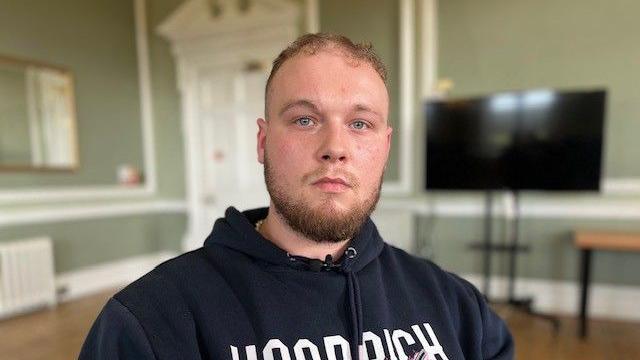Would making ketamine Class A stop Gen Z using it?
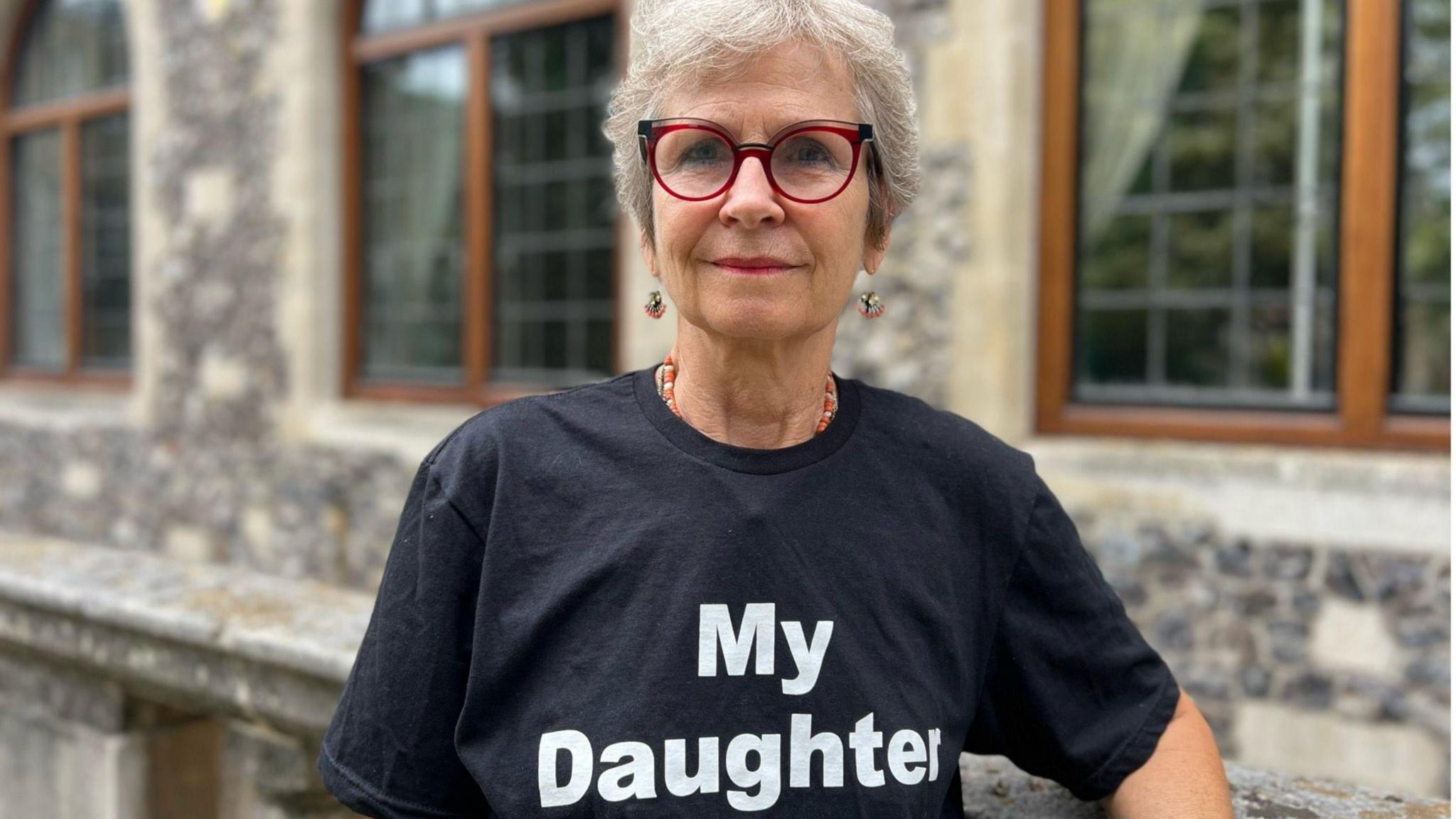
Vicky Unwin's daughter was celebrating submitting her university portfolio on the day she died
- Published
"Upgrading ketamine to Class A just means that young people will take dirtier, unsafe drugs, the money will go to the dealers and no one wins."
Vicky Unwin's words come from experience - the drug policy reform campaigner lost her daughter in 2011 to a ketamine overdose.
She is part of Anyone's Child, a decade-long campaign that lobbies for change in the government's current drug policies, calling for illegal drugs to be legally regulated.
But their mission is not favoured by everyone. David Sidwick, Dorset's Police and Crime Commissioner (PCC) believes strongly in the criminalisation of drugs and said "making ketamine Class A sends a strong message on its dangers".
It comes at a time when the use of ketamine has soared among young people.
The Home Office has described the drug as "extremely dangerous" and said it has requested advice from the Advisory Council on the Misuse of Drugs about reclassifying it.
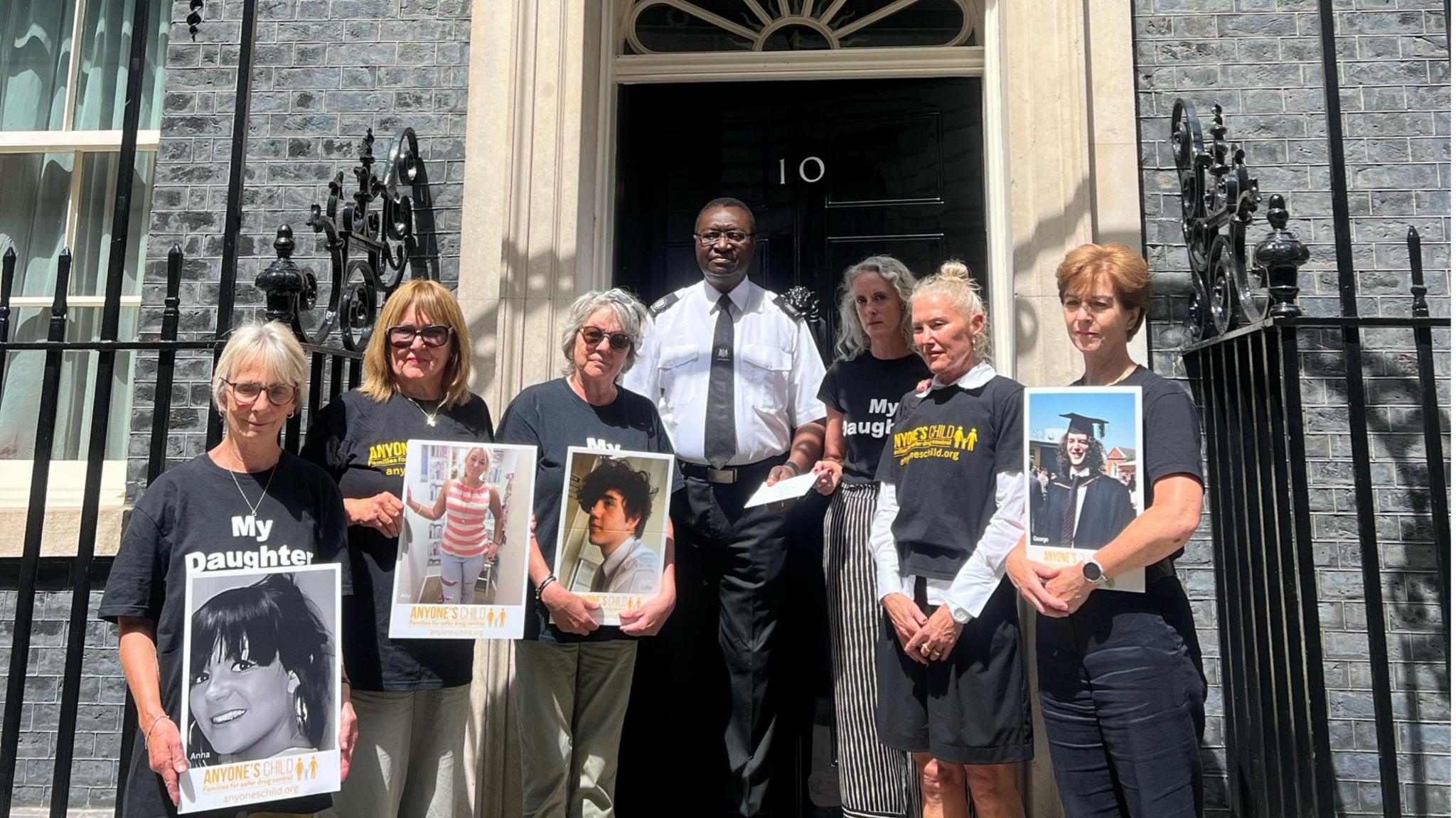
Anyone's Child is a campaign group made up of parents who have lost their loved ones to illegal drugs
Ms Unwin, who lives in London, was among a group of parents who took part in an annual lobby at parliament last month.
She is the chair of Transform Drug Policy Foundation, a charity that aims to reform the UK's current drug laws and believes criminalising the dissociative drug does not have a positive impact.
After her 21-year-old daughter, Louise Cattell, died 14 years ago, she began campaigning for more effective harm reduction around the drug.
She explained how she had decided to "take a bump of the drug instead of buying a very expensive alcohol", then went on to run a bath and watch some TV.
She fell asleep and drowned in the bath.
Despite her daughter's fatal experience, Ms Unwin does not believe harsher laws surrounding ketamine would have saved her life.
She said: "I believe very strongly that legal regulation and decriminalisation are the only ways to really deliver harm reduction.
"If you classify drugs and make them illegal, all that happens is they go underground.
"People want to have fun and they want to experiment and if you say 'no' to someone that's the surest way they are going do something that they're not allowed to do."
What is ketamine?
Ketamine is a powerful horse tranquilliser and anaesthetic. It is a licensed drug and can be prescribed medically
However, when misused, it can cause serious and sometimes permanent damage to the bladder
It is currently a Class B drug under the Misuse of Drugs Act 1971
This means the penalty for possession is up to five years in prison, an unlimited fine, or both
If it was upgraded to Class A, the penalty for possession would increase to seven years, falling in line with drugs like cocaine, heroin and ecstasy (MDMA)
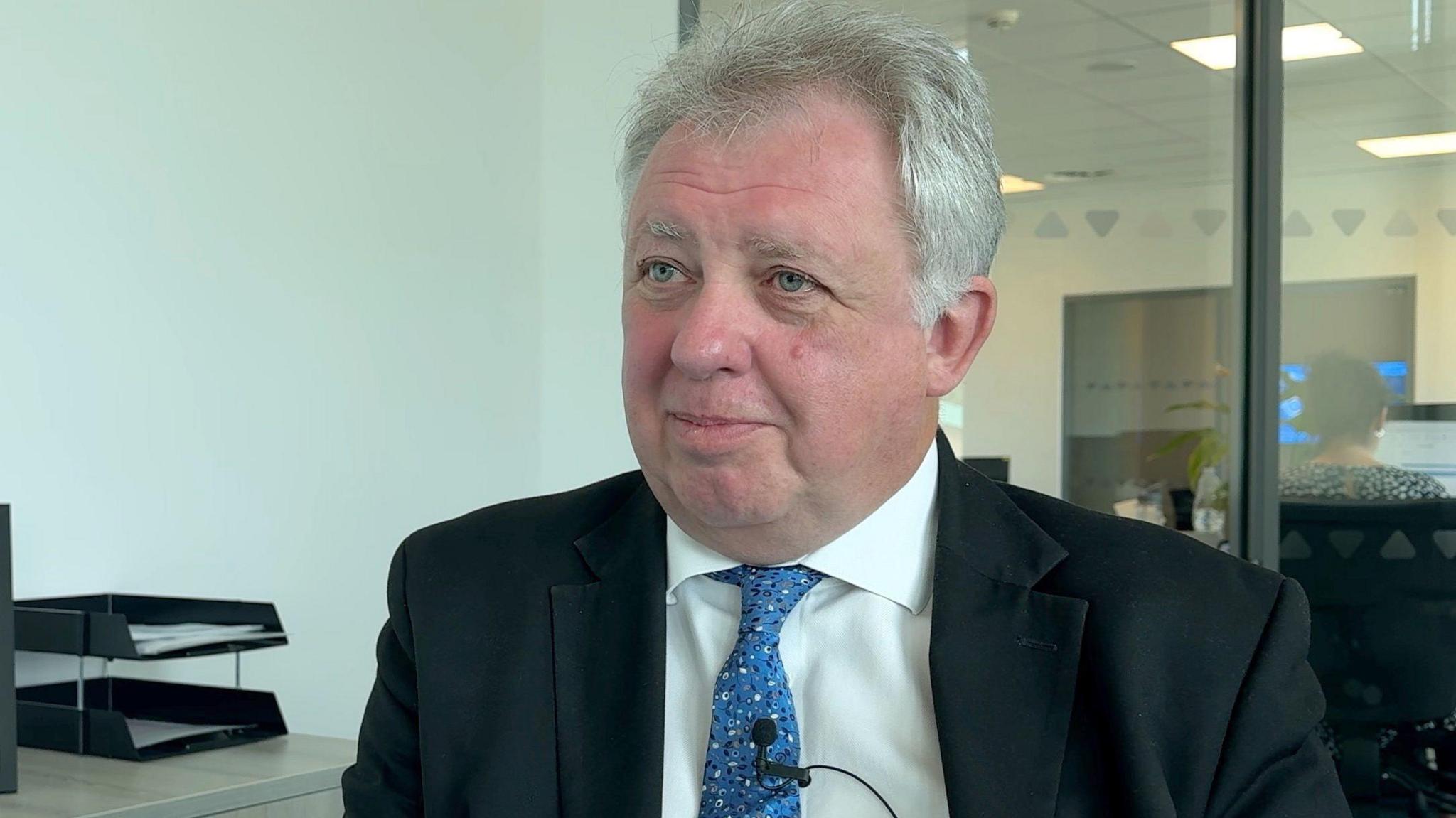
PCC David Sidwick previously worked in the pharmaceutical industry where he marketed ketamine as an anaesthetic
Ms Unwin's perspective is not the only view on the topic.
David Sidwick, Dorset's PCC, is among politicians lobbying for ketamine to be upgraded to Class A.
He is the addiction and substance misuse co-chair within the Association of Police and Crime Commissioners.
Mr Sidwick said: "If it is Class A, firstly it sends a strong message about the dangers with it, but secondly it will lead to more investment in treatment, prevention and awareness, and that's what we badly need."
In recent years, ketamine usage has made more headlines due to growing concerns around the damage it can cause to a user's bladder.
Chronic ketamine usage affects the lining of the bladder and can shrink it.
Earlier this year the BBC spoke to a recovering addict from Portsmouth who faced bladder problems after taking the drug in her teens and 20s.
The latest government figures show the drug's usage among 16 to 24-year-olds in England has tripled since 2016.
Mr Sidwick was particularly concerned by this: "There has been years of counter propaganda from organised crime groups who will talk to our young people and they will say 'this drug will make you feel better'.
"Well, I'm sorry, but it doesn't make you feel better when you are in a genital urinary ward waiting for someone to do something to your bladder."
He added: "I don't want young people wearing nappies for the rest of their lives because of that drug."
Ms Unwin also feels Gen Z has a bad relationship with ketamine, but urged the issue to be treated as a health problem rather than a criminal offence.
She emphasised: "Please don't take ketamine, it really is dangerous and because there's so little drug education in schools, they only talk about coke and heroin, they don't talk about ketamine and the party drugs."
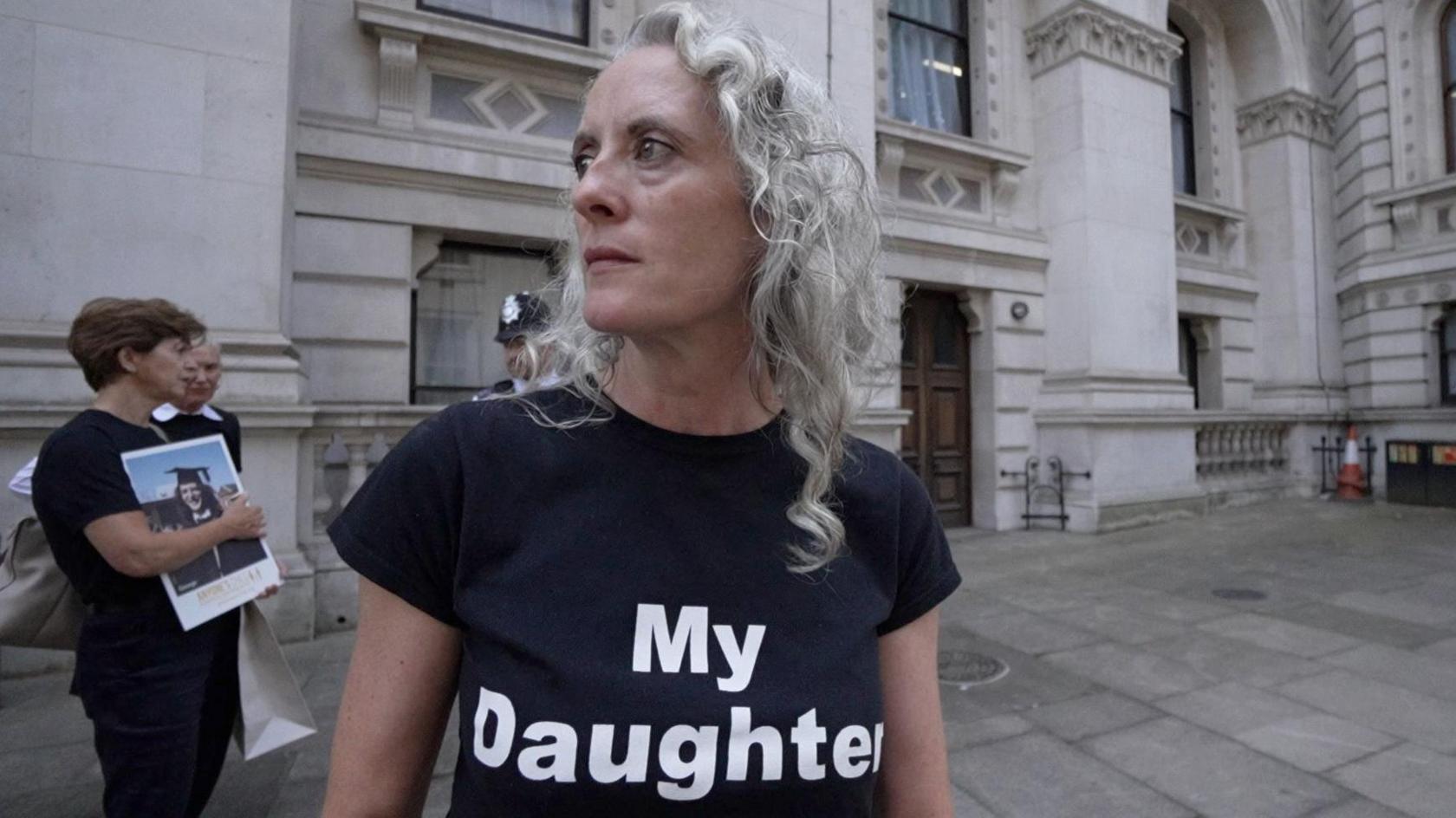
Anne-Marie Cockburn said that she will "keep lobbying until there's change"
Anne-Marie Cockburn, a fellow Anyone's Child campaigner and mother from Oxford, agrees with Ms Unwin's perspective.
She lost her 15-year-old daughter, Martha Fernback, to an overdose in 2013 and believes that her death could have been avoided if she had access to information on harm reduction when taking drugs.
Ms Cockburn said: "I'm not promoting drug taking for under 18s, my daughter was only 15.
"But what I do say is had she gotten her hands on something that was labelled with a list of ingredients and recommended dosage, she would not have taken enough for five-to-10 people in one go and died of an accidental ecstasy overdose three hours later."
A Home Office spokesperson said: "Ketamine is an extremely dangerous substance and the recent rise in its use is deeply concerning.
"The Minister for Policing and Crime Prevention has requested advice from the Advisory Council on the Misuse of Drugs about reclassifying it as a Class A drug and will consider that advice carefully and quickly once received."
But Ms Cockburn does not think the government is doing enough.
She added: "It just makes me feel like they're almost playing a game with families like ours.
"If it was a member of their family, they would be taking this seriously.
"We need to look at human behaviour and the reality of what's going on in our society."
If you've been affected by any of the issues in this story you can access help and advice on the BBC Action Line website here.
Get in touch
Do you have a story BBC Dorset should cover?
You can follow BBC Dorset on Facebook, external, X, external, or Instagram, external.
Related topics
More from the BBC
- Published10 February
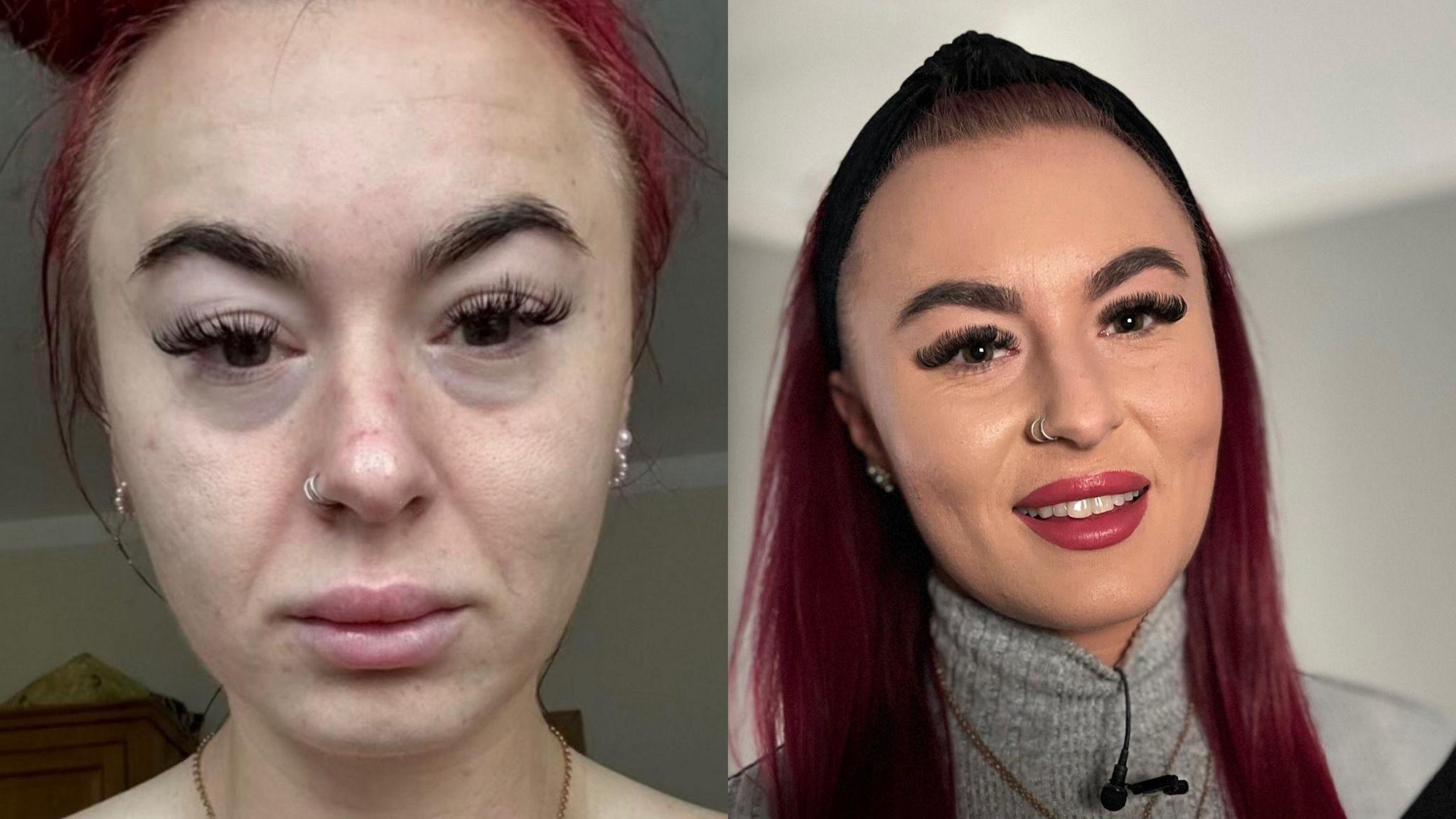
- Published7 January
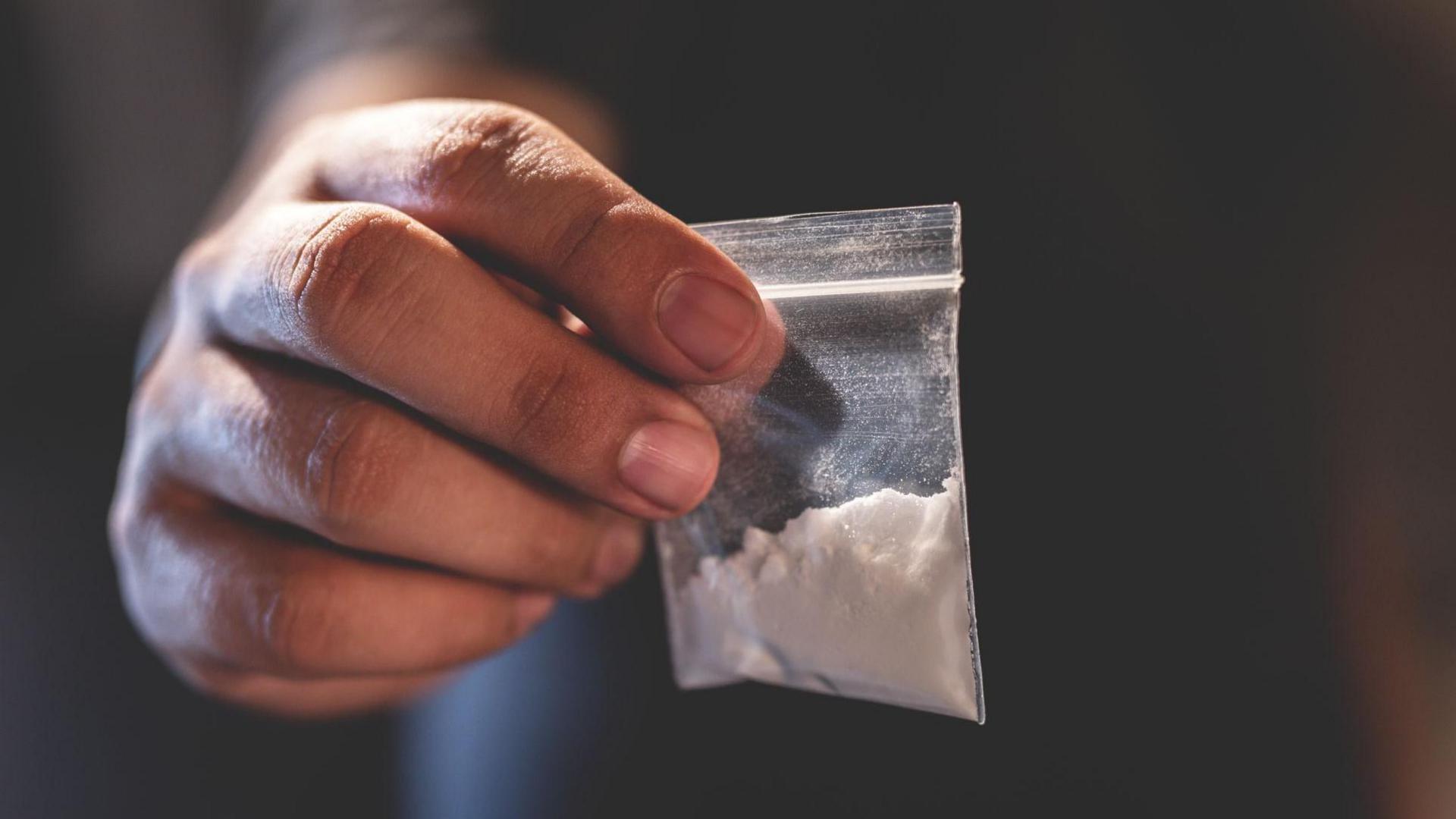
- Published3 January
